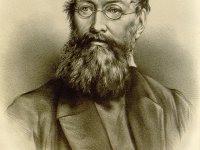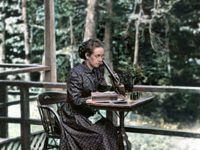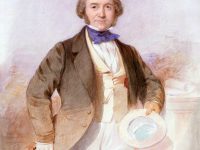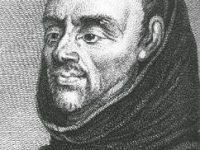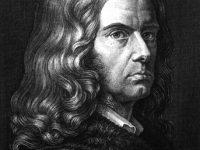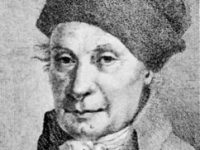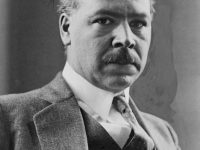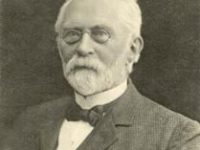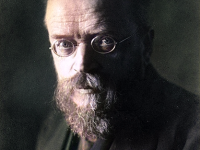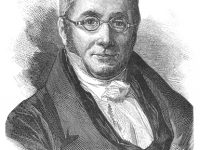John Lindley and his Attempts to Formulate a Natural System of Plant Classification
On February 5, 1799, English botanist, gardener and orchidologist John Lindley was born. His attempts to formulate a natural system of plant classification greatly aided the transition from the artificial (considering the characters of single parts) to the natural system (considering all characters of a plant). He made the first definitive orchid classification in 1830. John Lindley Background John Lindley was born in Catton, near Norwich, England, as one of four children…
Read more

